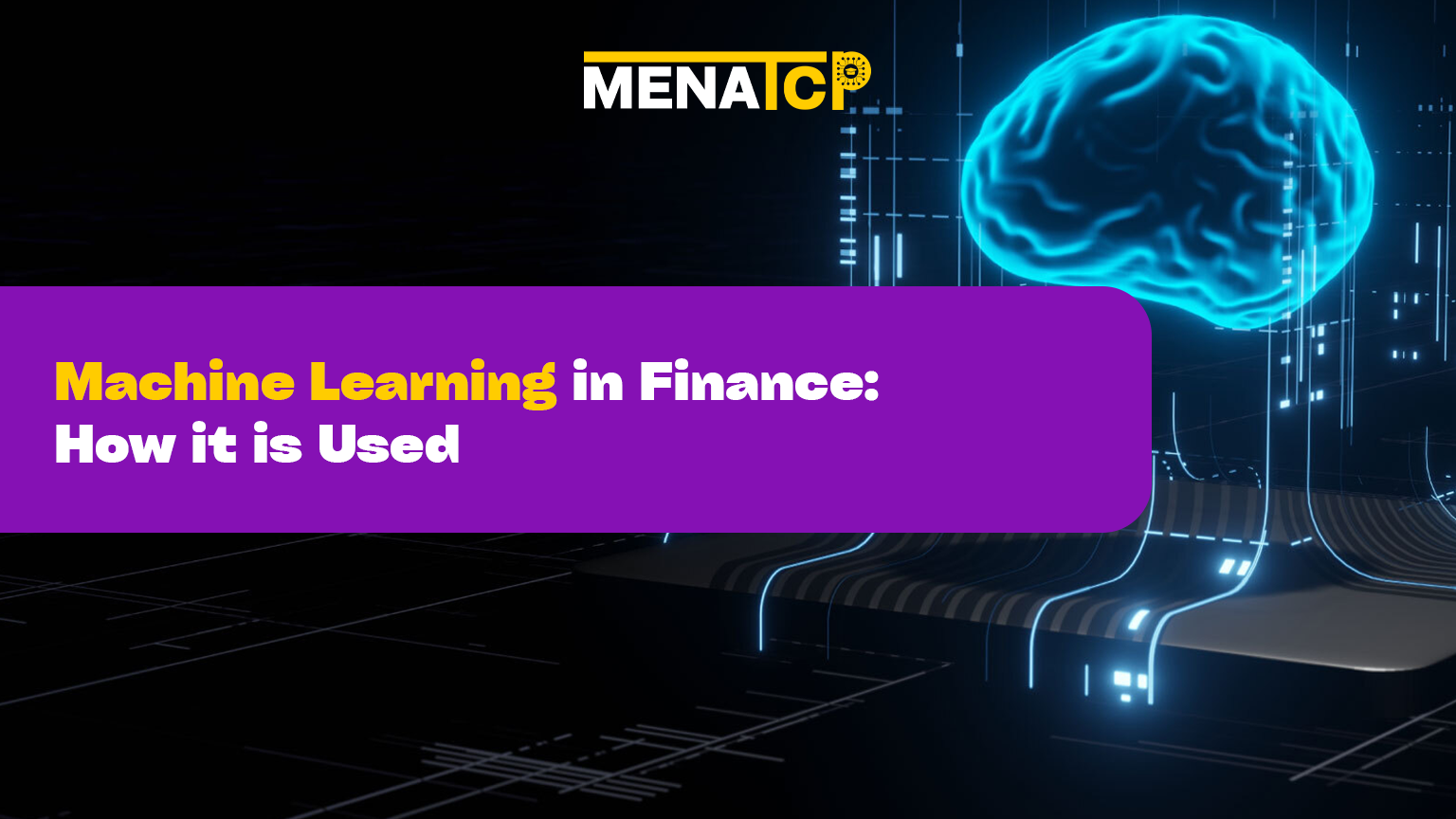
Machine learning, or ML, is a branch of computer science and artificial intelligence (AI). It involves creating algorithms that learn from data to make predictions. It involves creating algorithms that learn from data to make predictions, mimicking cognitive processes by acquiring knowledge and applying it to analyze and process information. ML is used to automate complex cognitive tasks, enhancing efficiency and accuracy. In banking, ML applications help automate repetitive processes, providing a more streamlined and personalized customer experience. These AI tools for accounting improve productivity with large datasets, enhancing asset valuation, forecasting financial performance, and addressing critical financial security issues.
Algorithmic trading involves using advanced algorithms to optimize trading decisions. Traders develop mathematical models that monitor real-time business news and market activities to identify factors that may cause security prices to fluctuate. These models follow a predefined set of parameters, such as timing, price, and quantity, to execute trades automatically without the trader’s direct involvement.
Unlike human traders, algorithmic trading can process vast amounts of data simultaneously and execute thousands of trades daily. By incorporating machine learning, these algorithms make rapid trading decisions, offering a competitive advantage over traditional market averages.
Additionally, artificial intelligence in accounting and AI tools for accounting and finance are increasingly used to enhance trading accuracy. Unlike human traders, algorithmic trading eliminates emotional biases, which can influence decision-making. This method is commonly utilized by hedge fund managers and financial institutions to automate trading processes, ensuring more precise and efficient operations. The benefits of AI in accounting extend to the financial markets, providing quicker, data-driven decisions that improve overall market performance.
Fraud remains a significant issue for banking institutions and financial services, leading to billions in annual losses. With much of their data stored online, financial companies face heightened risks of security breaches. As technology advances, fraud in the financial sector is increasingly seen as a critical threat to valuable data.
Traditionally, fraud detection systems were rule-based, but these could easily be a target for fraud . Today, most companies use AI tools for accounting and finance, particularly machine learning, to identify and combat fraudulent transactions. Machine learning analyzes large datasets to spot unusual activities or anomalies, flagging them for further investigation by security teams.
The system compares each transaction with other data points, such as the customer’s account history, IP address, and location, to assess whether it aligns with typical account behavior. Based on the results, artificial intelligence in accounting can automatically block a suspicious transaction, such as a withdrawal or purchase, until a human reviewer makes a final decision. This application of AI tools for accounting improves the accuracy and speed of fraud detection, offering significant benefits of AI in accounting by reducing manual errors and enhancing security measures.
Robo-advisors, powered by AI tools for accounting and finance, are online platforms that utilize machine learning to provide automated financial advice. These applications use algorithms to design financial portfolios tailored to an investor’s goals and risk tolerance.
Compared to traditional portfolio managers, robo-advisors offer lower account minimums and reduced costs, making them accessible to a wider range of investors. Users input their savings or investment goals into the system, and the artificial intelligence in accounting and finance automatically identifies optimal investment opportunities for maximum returns.
Among the benefits of AI in accounting, robo-advisors stand out for their ability to simplify portfolio management, enhance accuracy, and optimize long-term investment strategies.
In banking and insurance, AI tools for accounting and finance streamline the loan underwriting process by leveraging machine learning to analyze vast amounts of consumer data. These algorithms automate credit scoring and underwriting decisions, saving time and reducing costs associated with manual evaluations.
Data scientists train machine learning models to analyze factors like age, income, occupation, and credit behavior, including payment history, defaults, and foreclosures. By detecting patterns and exceptions in the data, artificial intelligence in accounting determines whether a consumer qualifies for a loan or insurance policy.
All in all the use of artificial intelligence in finance, especially machine learning is the direction and the future in our time. By using these technologies the efficiency and accuracy of work operations is changing for the better thanks to AI in accounting and finance.
© MENATCP, 2025. All Rights Reserved | Developed by MG Digital